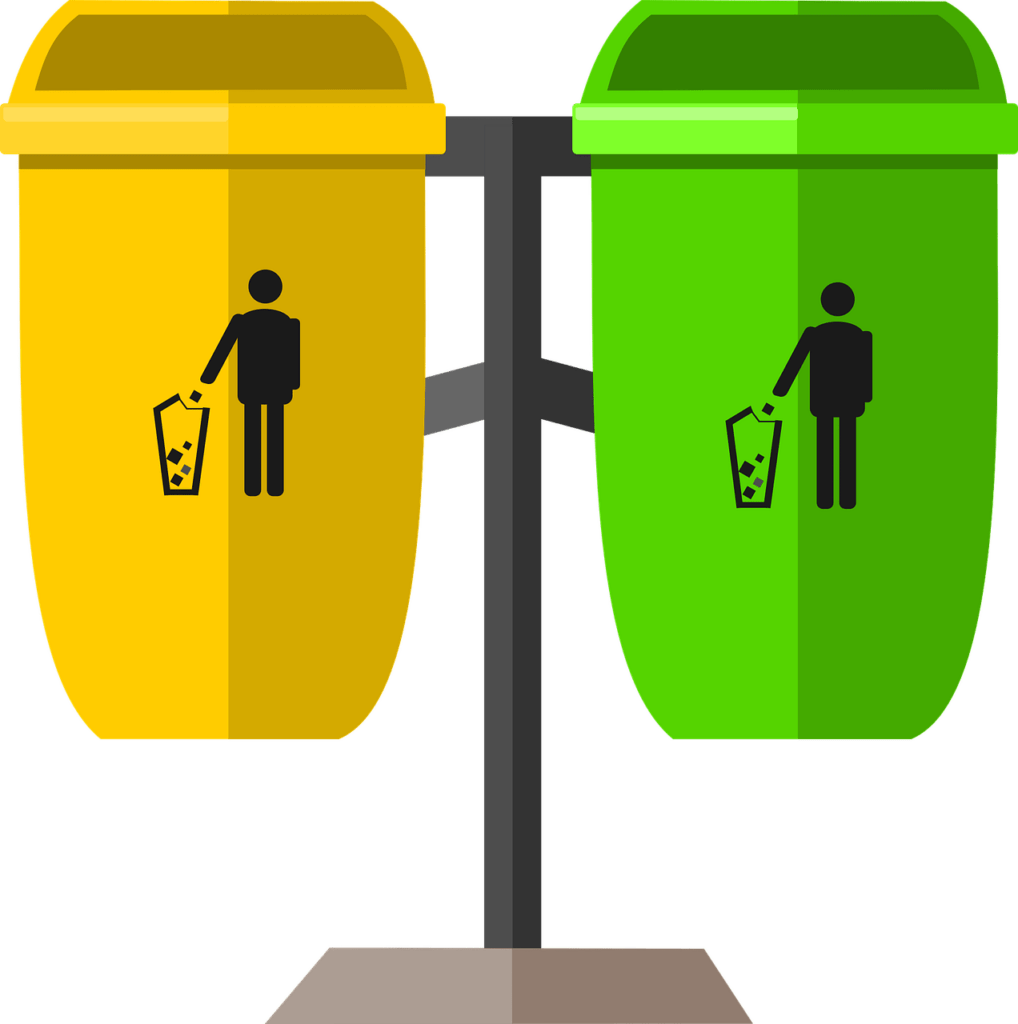Medical waste is broad term that can be fitted to towards a wide range of waste. There are set rules and regulations what can and not go into a medical waste bag. These rules are in place to make disposal of infectious waste safe for both healthcare workers and the environment.
Some types of waste that shouldn’t be accumulated in a medical waste bag include:
- Sharps: Any item that is that could potentially puncture skin, should be exempt from throwing into medical trash bags. Sharps should be disposed in a puncture-proof container and leak resistant. Also, to acknowledge that a container is filled with sharps, the correct type of labeling should be on the container.
- Trace-Chemo: this type of waste is defined as waste with containing more than 3% of the original contents by weight. Trace chemo is vials or other containers that were used in the treatment of chemotherapy.
- Prescription Drugs: all unused or expired medications should be disposed of in a pharmaceutical container.
The following can be collected in a clear trash bag:
- Food products: soda cans, paper cups
- Unused medical products: gloves, bandages, linear
- Empty IV bags (without needles): only when there are a
- Empty urine and stool containers: stool and urine should be poured down the toilet before placing in a normal trash bag
- Diapers: unless grossly soiled with blood or other potentially infectious materials



